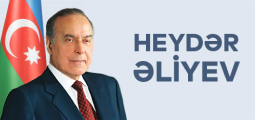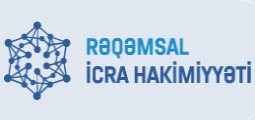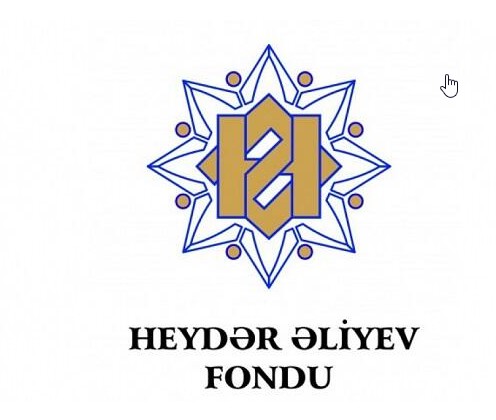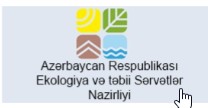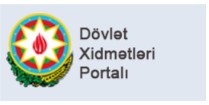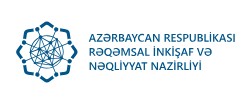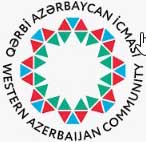About
History
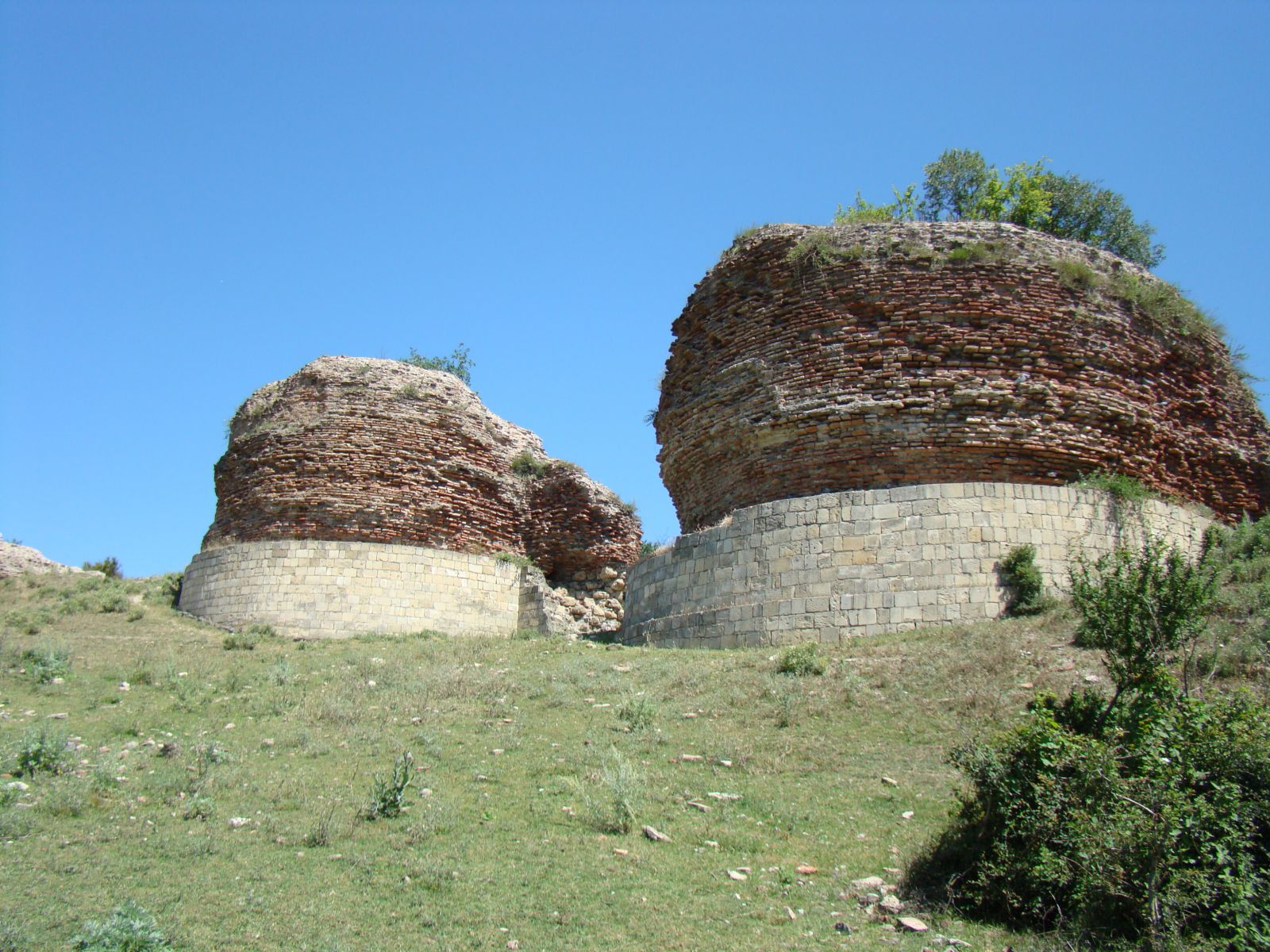
As a result of many-years archaeological researches conducted here by such well-knowm Azerbaijan archaeologists as S. Qaziyev, Q. Ahmedov, I. Aliyev, F.Qadirov and others, there have been discovered referring to ancient epoch big buildings, remnants of fortified walls, material-cultural monuments related with production and workmanship.
The name of ancient Qabala city situated on historical «Silk Way» and having 2400-years history has been mentioned for the first time as «Kabalaka» as far back as in manuscript «History in nature» of Great Philipp, Roman scientist, as «Khabala» - in works of Claudius Ptolemaic, Greese geographer (the II century) and as «Khazar» - by Belaruzi, Arabian historian (the IX century). But firstly about names «Kbala» or «Khabala» meaning Qabala city was mentioned by B. Bakikhanov, Azerbaijan scientist in his manucript «Qulustani-Irem». Qabala city for many centuries courageously contradicting merciless attacks of foreign invaders having eyes on Azerbaijan territories has introduced into history as an unassailable invincible fortress of city. In the I century A.D. Roman knew Kalabakan (Qabala) as «oppidum», what means «city-fort». Despite Albania was conquested by Sasanids in 262 A.D., Qabala did not lose its political and economical meaning. At second half of the V century (464), when Albania temporarily lost its independence and nomads’ attacks from the north were growing, the capital of the country was changed from Qabala city to Partav city (Barda). And since then Qabala city started to exist as a main trade workmanship, cultural and spiritual omphalos of the country.
Being subjected to attacks and contradicting impacts of Shirvanshah Fariburz’s forces in 1068, Georgian tzar David III – in 1120, Teymurleng – in 1389, Sefevids tzar Takhmasib I – in 1538 and Nadir shah – in 1734, Qabala even after all did not lose completely its significance. In 1747 after Nadir shah’s death Azerbaijan was divided into khanates, sultanates and principalities. At this period of time Qabala was also as a separate sultanate. The last sultan of Qabala authority was I.B.Qutqashinskiy’s father - Naib Nasrullah Sultani. At the end of the XVIII century Qabala sultanate was renamed into Qabala district (region).
In 1841 in the result of reforms conducted by tsarist Russia in Azerbaijan the knatates were cancelled and replaced with provinces and districts. At this period of time Qabala was appended to Nukha district (Sheki) of Elizabetpol province (Qandja). As it has been mentioned above, Qabala favorable historical-geographical position since olden times has been favoring its territories opening by people and consequent creation of material-cultural monuments. On the territory of the region have been registered and protected more than 90 historical, ethnographic and material-cultural monuments. For the purpose of protection of ancient Qabala city remnants and many nearby discovered archaeological findings, here in 1985 Qabala historical-cultural reserve with 480 hectares area was founded. Referring to the I century B.C. stone tumulus in «Boyuk Amili» settlement, Albanian church (temple) of the IV century on «Kilsa» mountain in the south of «Soltannukha» settlement, ancient epoch Necropolis in «Nidj» settlement, Maiden tower of the IV-XIV centuries in «Yengidja» settlement, «Surkhay» tower of the X-XII centuries situated on channel, tomb complexes of the XIV-XV centuries in «Khazra» settlement, «Коmrad» mausoleum of the VII century in the north-west of «Dizakhli» settlement, «Budkhana» remnants in Qabala city, 8-corners Mosque of the XVIII century, Juma-mosque built at the early XIX-XX centuries,I.B.Qutqashinskiy’s house-museum and tombstone of the XIX century and other historical monuments, which are «historical values» of the region, can not but attract visitors’ attention.
For the purpose of research of historical past and present of Qabala, its preservation and pass to succeeding generation, last years have been conducted a range of events by region administration.
In 2006 in center of the region was opened a museum and electron library memorizing life and activity of Heydar Aliyev, National Lider of Azerbaijan people, outstanding statesman and forward-looking politician managing the country for more than 30 years. There have been founded a shahid avenue and a museum-complex in honor of 121 courageous sons of Qabala, who have given their lives for Qagabag in 1998.
As well the house-museum of I.B. Qutqashinskiy, an outstanding Azerbaijan writer, military and public fiqure of 1985-86 years has been created and the writer’s tombstone has been restored. Since 1988 in the centre of region the richest museum of history, geography and culture in whole Republic has been functioning.
The Park by Heydar Aliyev occupying 3 hectares area and built in region center in 2004, the Park by Zarifa Aliyeva, an outstanding Azerbaijan ophthalmologist occupying 6,5 hectares area and built on «Demiraparan» riverside in 2006 and «Qabalalland» rest center in the nothern part of city have turned to be the most favourite rest places for local inhabitants and guests coming here.
Qabala has provided Azerbaijan literature, science and culture with tens of such outstanding figures as Ismail bey Qutqashinskli (1806-1869), Ibrahim bey Musabeyov (1880-1942), Umnisa khanum Musabeyova (1902-1974), Yusif Musabeyov (1910-1970), Vahid Qahramanov (1900-1978), Medjid Mardanov (1913-1982), Khalil Alimirzoyev (1918-1976), Alekper Kerimov (1910-1983), Ashraf Alimirzoyev (1910-1982), Jahangir Qahramanov (1927-1995). From Qabala are the academician of the Azerbaijan National Academy of Sciences, 4 correspondent-members of Azerbaijan National Academy of Sciences, correspondent-member of the International Academy of History and Philosophy in Paris, more than 20 Doctors of Philosophy-Professors, more than 100 candidates of aciences.

